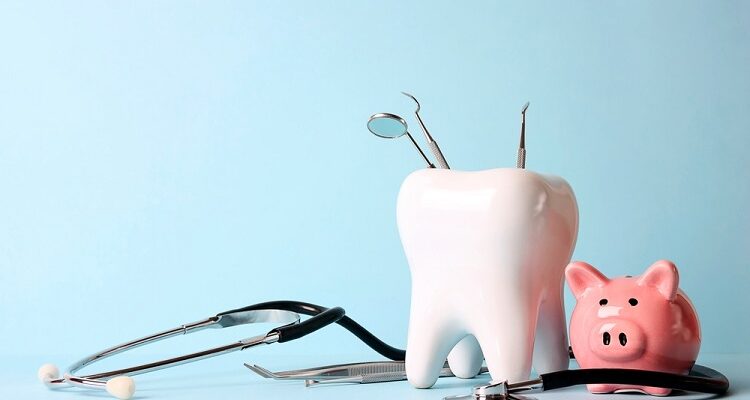Maintaining a healthy smile is not just about regular brushing and flossing; it also involves paying attention to your diet. The food and beverages we consume can have a significant impact on our oral health. Unfortunately, many people are unaware of the potential harm certain foods and drinks can cause to their teeth and gums. In this article, we will explore the connection between your diet and your smile and discuss some dietary habits that may be harming your oral health as recommended by oshkosh dentists.
Table of Contents
The Role of Nutrition in Oral Health:
Proper nutrition is essential for maintaining healthy teeth and gums. A balanced diet that includes essential nutrients like calcium, vitamin D, vitamin C, and phosphorus can help strengthen teeth and promote gum health. On the other hand, a poor diet lacking in vital nutrients can increase the risk of tooth decay, gum disease, and other oral health problems.
Sugar and Dental Decay:
Sugar is a major culprit when it comes to dental decay. Bacteria in the mouth feed on sugar, producing acids that attack tooth enamel and lead to cavities. Sugary foods and drinks, such as candies, sodas, and cakes, can significantly increase the risk of tooth decay if consumed in excess. It’s important to limit your sugar intake and opt for healthier alternatives.
Acidic Foods and Erosion:
Acidic foods and beverages can also harm your smile by eroding tooth enamel. Acidic foods include citrus fruits, tomatoes, vinegar, and certain carbonated drinks. The acid in these foods weakens the protective enamel layer, making the teeth more susceptible to decay and sensitivity. It’s crucial to consume acidic foods in moderation and rinse your mouth with water afterward to minimize the acid’s effect.
Staining Agents:
Certain foods and drinks can stain your teeth, leading to a less attractive smile. Common culprits include coffee, tea, red wine, berries, and dark-colored sauces. These substances contain chromogens, pigments that can adhere to tooth enamel and cause discoloration over time. While it may be difficult to eliminate these items entirely, practicing good oral hygiene and visiting your dentist regularly can help prevent or reduce staining.
Sticky and Hard Foods:
Foods that are sticky or hard can also harm your teeth. Sticky foods like caramel, toffee, and dried fruits can get stuck in the crevices between your teeth, promoting bacterial growth and increasing the risk of cavities. Hard foods like ice, popcorn kernels, and hard candies can potentially chip or crack your teeth. It’s advisable to consume these foods with caution and be mindful of their potential dental consequences.
Acid Reflux and Oral Health:
Gastroesophageal reflux disease (GERD) or acid reflux can negatively impact your oral health. The stomach acid that regurgitates into the mouth can erode tooth enamel, leading to tooth sensitivity and increased risk of cavities. Managing acid reflux through dietary changes, medication, and lifestyle modifications can help protect your smile.
The Importance of Water:
Water is often underestimated in its role in maintaining good oral health. Drinking water helps wash away food particles, dilutes acids, and stimulates saliva production, which is crucial for neutralizing acids and maintaining a healthy oral environment. Choosing water over sugary beverages can significantly benefit your smile.
Tips for a Smile-Friendly Diet:
To ensure your diet supports a healthy smile, consider the following tips:
Limit sugary snacks and beverages, opting for healthier alternatives like fruits and unsweetened drinks.
- Consume acidic foods in moderation and rinse your mouth afterward.
- Brush your teeth after meals or at least twice a day using fluoride toothpaste.
- Incorporate tooth-friendly foods such as dairy products, leafy greens, and crunchy vegetables.
- Drink water throughout the day to stay hydrated and maintain saliva production.
- Visit your dentist regularly for check-ups and professional cleanings.
Conclusion:
Your diet plays a crucial role in the health of your smile. By being mindful of what you eat and drink, you can protect your teeth and gums from various oral health problems. Limiting sugar, avoiding acidic foods, and maintaining good oral hygiene practices are essential steps toward a healthier smile. Remember, a balanced diet and regular dental care are the key to keeping your smile bright and beautiful for years to come.


Comments